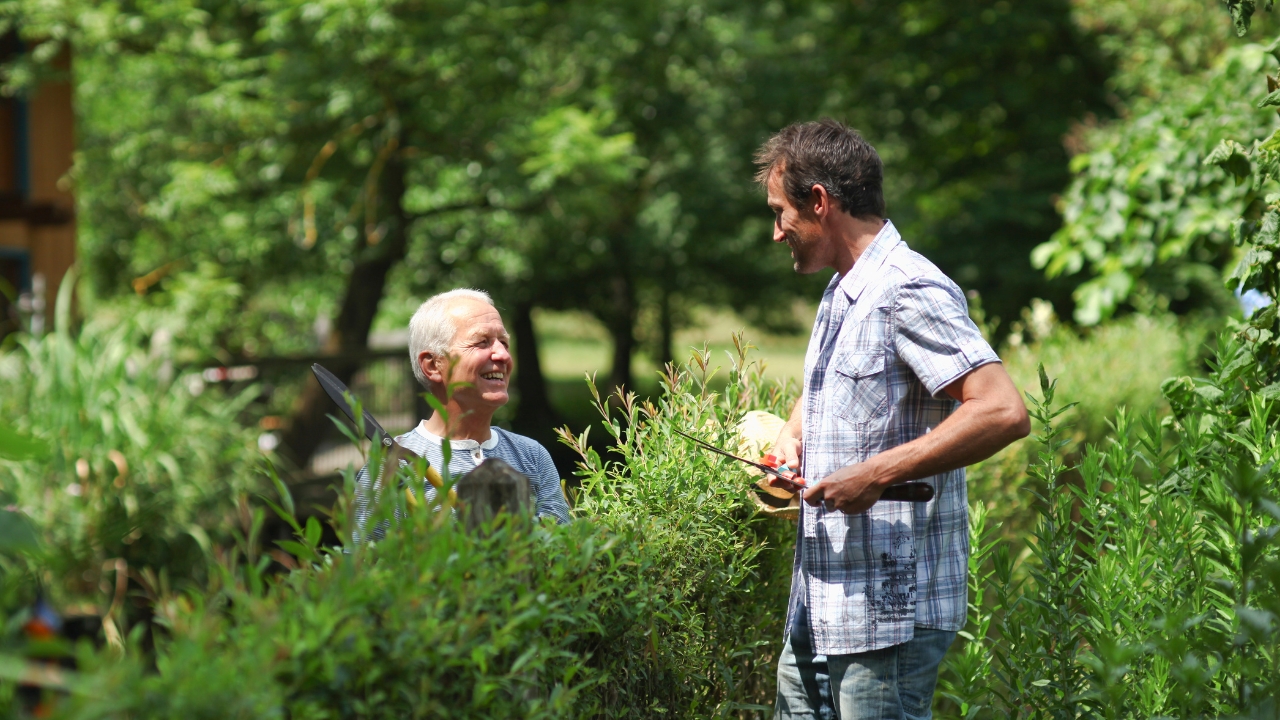15 Habits That Make You Look Like a City Person in a Small Town
Even if you’ve moved in and settled down, there are little things that can give away where you came from. In small towns, people pick up on those habits quick—and not always in a good way. If you want to blend in a little better, these are the kinds of things worth watching out for.
Honking to Say Hello

In the city, it’s normal. In a small town, people take it the wrong way. A honk feels aggressive, even if you meant it as a friendly wave.
Stick to the steering wheel wave—it says hello without setting off anyone’s nerves.
Getting Impatient in Line

If you huff or start checking your watch at the grocery store, people notice. Things run slower here, and most folks don’t mind.
Acting rushed makes you stick out fast. People won’t say anything, but they won’t forget it either.
Wearing Shoes on White Carpet

Taking off your shoes at someone’s house isn’t automatic in rural areas. If you do it, people might think you’re trying too hard to be clean—or that you expect their floors to be dirty.
It’s not rude, but it’s a signal you’re not from around here.
Locking Everything

Leaving things unlocked is still common in some small towns. If you lock your truck and double-check the house five times, people might joke about it.
Security isn’t bad—but being nervous all the time definitely reads as “city.”
Asking for a Wi-Fi Password at a Cookout

Some houses still don’t have fast internet—or much interest in it. Pulling out your phone and looking for a signal can feel out of place.
It’s not that people mind—it’s that they’re not thinking about screens when they’re grilling and talking.
Not Knowing Who Owns What

Pointing at a pasture or property and asking “what’s that?” can show you haven’t been around long. Most folks know who owns what land for miles in every direction.
They might fill you in, but they’ll also know you’re new.
Talking Too Much About Where You Used to Live

It slips out sometimes. But if you keep comparing things to “back home,” it gets old fast for the people who’ve lived here their whole lives.
It’s fine to share your story—but make sure you’re listening, too.
Assuming Every Dog Is a Pet

That stray-looking mutt might belong to someone—and they’ll come looking for him. Not every dog is lost or neglected out here.
Trying to “rescue” someone’s outdoor dog will raise eyebrows real quick.
Scheduling Everything to the Minute

Most folks around here operate on “ish.” If you’re showing up at 12:01 and acting stressed about someone being late, it comes off stiff.
People value being on time, but they also give grace for traffic, feed runs, and broken tractors.
Using Big City Buzzwords

If you’re throwing around corporate speak, trendy catchphrases, or name-dropping big brands, it can sound off.
Nobody’s impressed by who you know or where you’ve been. They care if you’re decent and helpful.
Complaining About the Lack of Options

Small towns don’t have 30 restaurants, multiple grocery chains, or three gyms. That’s part of the point.
Saying, “I wish there were more choices” is one of those things that makes people wonder why you moved there to begin with.
Overdressing for Every Errand

If you’re putting on full makeup and polished shoes for the post office, it might stand out. Most folks are running errands in boots and ball caps.
You don’t have to dress down—but looking too polished can feel out of place.
Not Waving Back

Even if you’re shy, you’ve got to acknowledge a wave from someone driving by. If you ignore it, people assume you’re stuck-up—or didn’t grow up around here.
It’s a habit that takes one second and makes a big difference.
Being Surprised by How Much People Know

If you act shocked that your neighbor heard about your car trouble, it’s a sign you’re not used to small-town information flow.
Word travels fast. It’s not gossip—it’s how people stay connected and look out for each other.
Assuming You’ll Go Unnoticed

In a small town, you’re seen. People know your name, your truck, and what kind of dog you have.
If you act like you can move in and fly under the radar, you’ll realize quick that everyone already knows your story.
*This article was developed with AI-powered tools and has been carefully reviewed by our editors.







